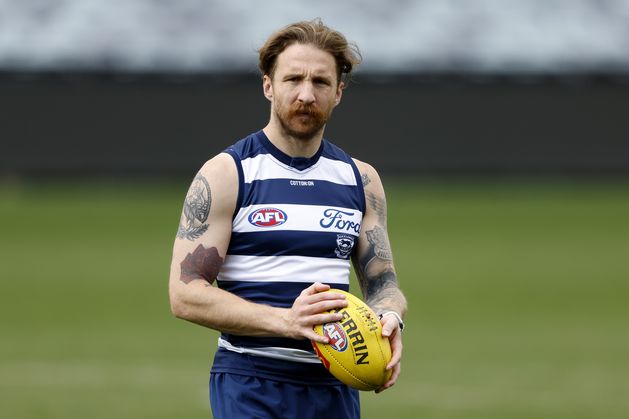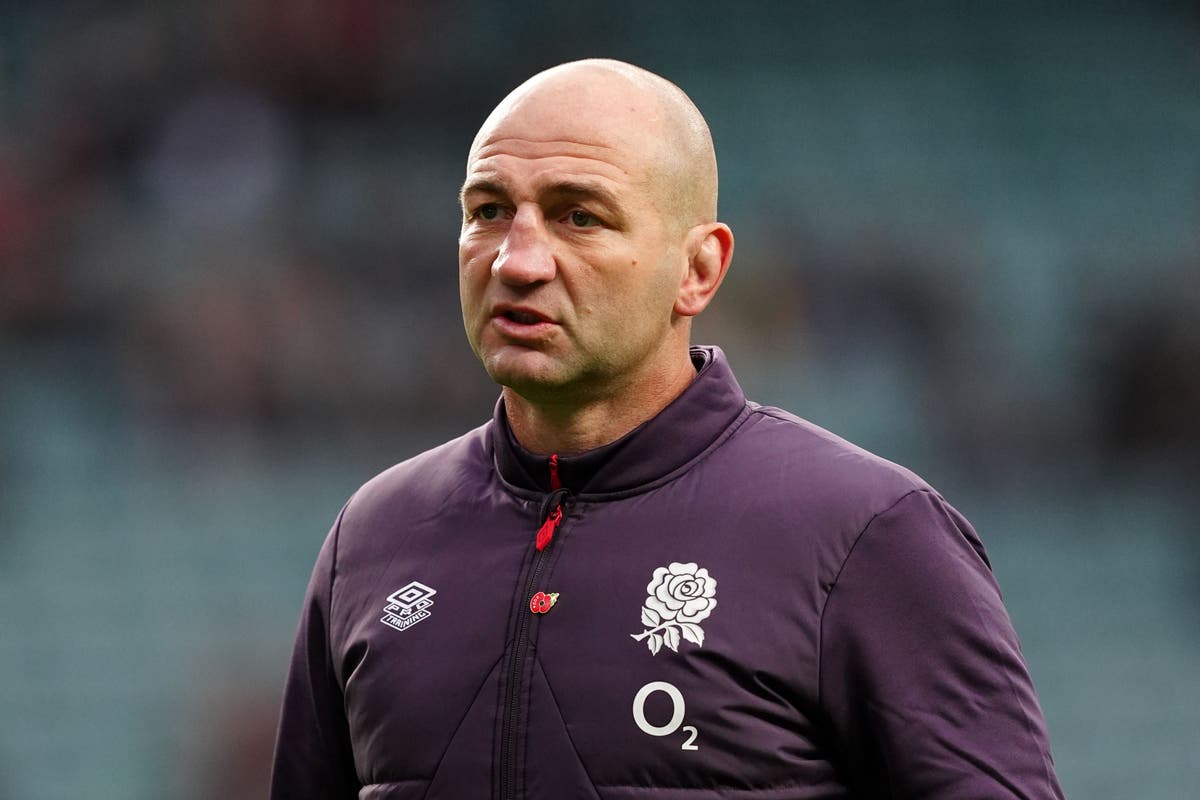The resurrection of the Epenarra Saints

- by Admin
- July 13, 2024
For 11 years the Epenarra Saints were a forgotten team at the end of a far-flung road.
But humming car radios, sideline conversations, scampering camp dogs – as about 50 players kick up dirt on the Saints’ red oval – signal the club’s resurrection.
As the sun sets at training, some two hours east of Tennant Creek in the Northern Territory, onlookers have their eyes fixed on what recently would have been an improbable sight.
Out of the Barkly Australian Football League for more than a decade, the Saints men and women are now training for the big comeback.
Marcia Peterson says life was “a little boring” before the footy team returned.
She’s a member of the Saints’ inaugural women’s team that first took to the field this year.
Marcia has already made her own history, becoming the first woman to score a goal for Epenarra.
Her parents made the 200 kilometre-trip to Tennant Creek to watch.
“They were so happy and proud of me,” she says.
A delicate balance
Like many remote teams clubs across the country, the Saints’ existence depends on community buy-in and volunteers.
These precious elements fell over for Epenarra when families moved away and chassis-shuddering lifts along the dirt track became hard to find.
So the team had to withdraw from the competition
Wayne Green, who supports teams in the Barkly League, has long seen the commitments to football ebb and flow due to a range of factors.
“That’s just the way it is up here, but this year we welcomed a few teams back,” he says.
Despite challenges bush teams face, he says there’s never a shortage of passion.
“In all communities, footy is the thing. That’s what they want to do just play footy,” he says.
Now, Wayne has seen the tide turn for Epenarra.
“It’s probably three and a half hours drive for them. But they managed to make it in every week,” he says.
Game day
On game day the men’s and women’s teams have a good problem: a plethora of players.
Their brand-new jerseys are hanging up in the changing room – courtesy of a recent punting windfall.
With enough men players to field a team, coach Ray Taylor won’t have to pull on his boots for the men’s side.
“I stepped down to let one of the young guys play. I don’t want them missing out just for me to have a one game,” he says.
He moved Epenarra with his partner Natalie earlier this year and have since made it their mission to support the community’s footy team.
“They wanted to get the football up and going,” Ray says.
It’s involved barbecues at their home after training, keeping track of training attendance, and ensuring players who miss out one week get a game the next.
The Yamatji man said the process is especially important for him supporting other First Nations people wherever he goes.
“It’s in my culture is in my blood and it’s in my heritage and I always strive to try and help out as much as I can,” he says.
In the sheds before the men’s match, Donothan Peterson is providing wisdom and courage to his teammates.
The midfielder is one of just a few to have played for the Saints before this season.
As he touched his heart and gestured to another veteran footballer, Donothan says this team has found a way to be about more than kicking around a footy.
“We’re tying to teach them young fellas, to be like us. Instead of drinking and stealing and fighting,” he says.
Lacing up his boots and pulling over his number-4 jersey, his smile captured how the community has been feeling since they finally got their club back.
The Latest News
-
November 16, 2024Adam Scott isn’t getting enough credit for his age-defying 2024 season—and he’s got more left for 2025 – Australian Golf Digest
-
November 16, 2024‘Ponting can comment on…’: Former Australian cricketers no-holds-barred response on Gautam Gambhir’s remarks | Cricket News – Times of India
-
November 16, 2024Spencer Johnson’s record haul earns Australia T20 series win over Pakistan
-
November 16, 2024Aussie ‘B team’ shake tag in historic T20 series win
-
November 16, 2024Aussie bowler creates never-before-seen history in win over Pakistan





